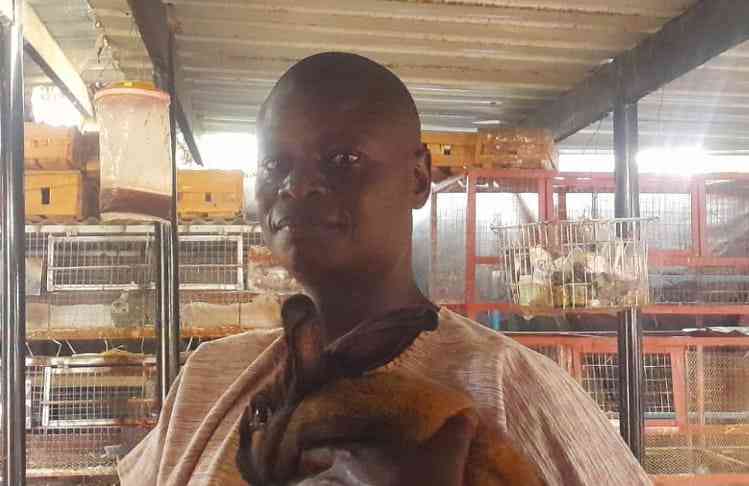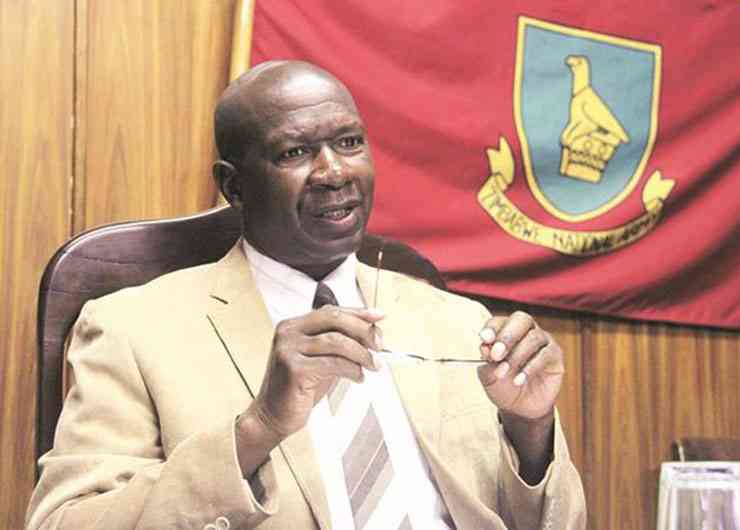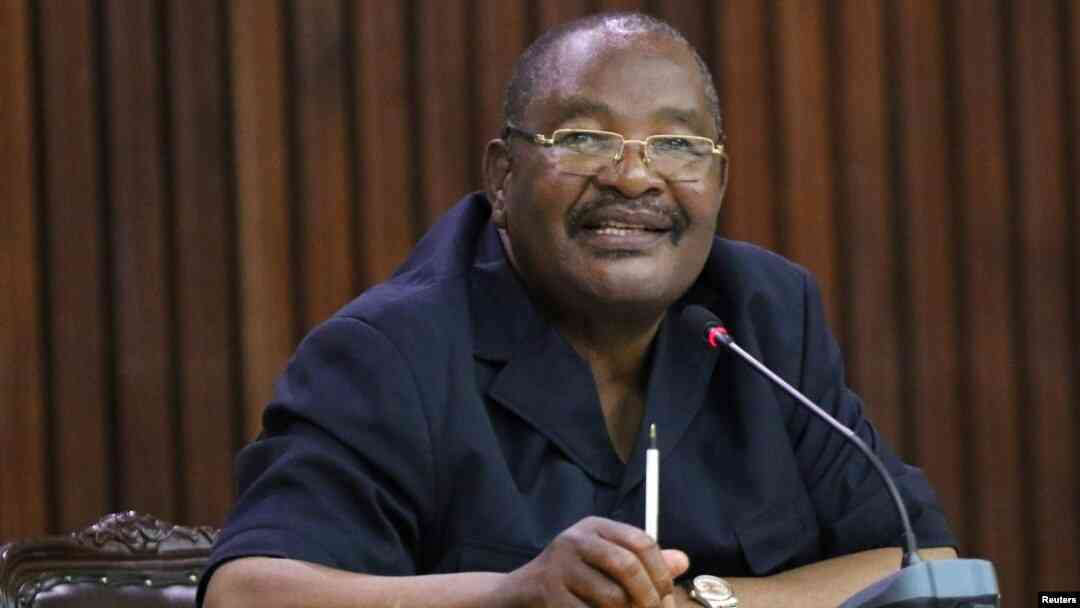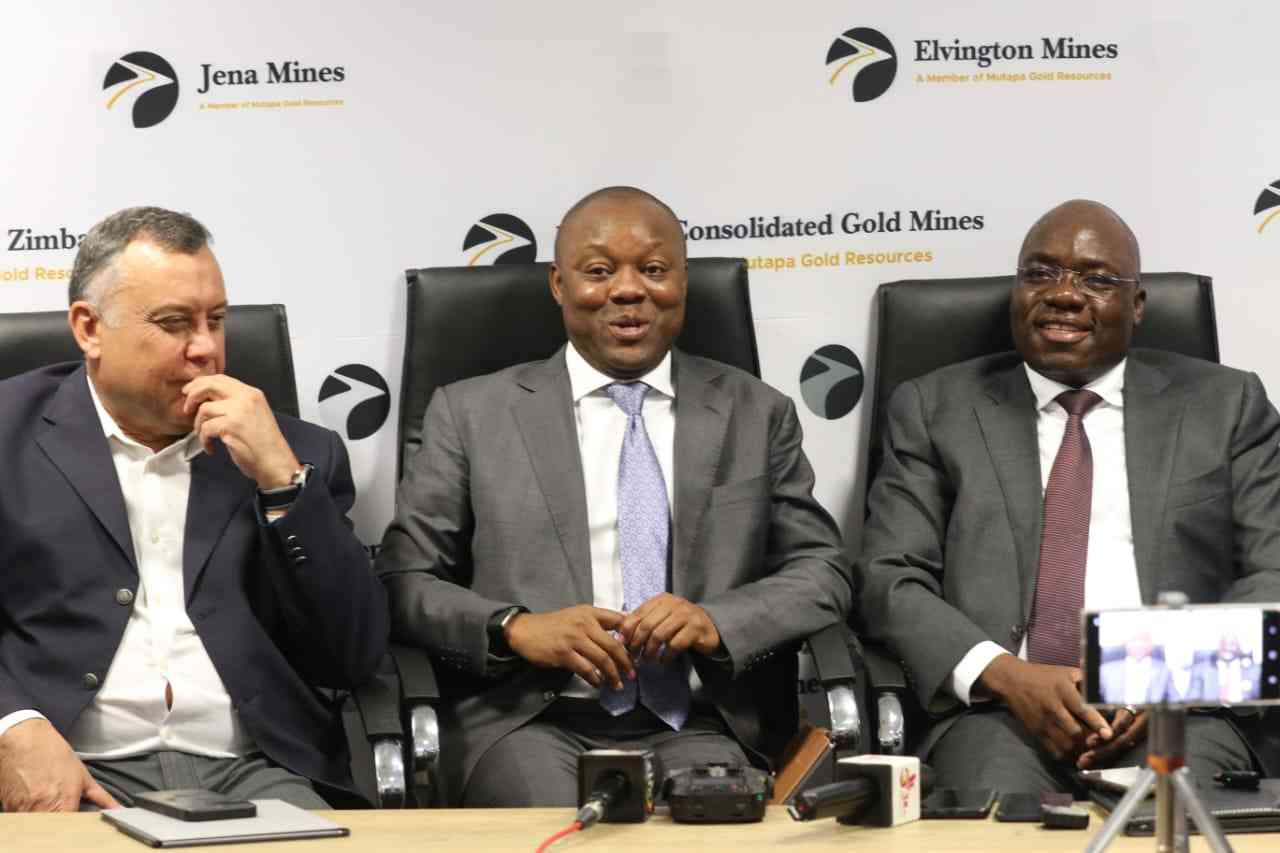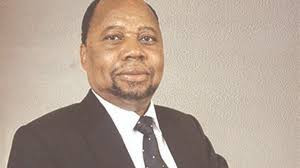
As the shareholding dispute involving Transnational Holdings Limited (Transnational) — spearheaded by its subsidiary Intermarket Holdings Limited (Intermarket) — continues, our chief reporter Melody Chikono (MC), sat down with Transnational founder Nicholas Vingirai to unpack the controversy. Below are the key excerpts from their conversation:
MC: Can you explain to us the exact nature of your shareholding in ZBFH?
NV: Transnational, emphatically, has 33% direct shareholding in ZB and this is as a result of a 2016 Intermarket-ZBFH settlement, although Transnational was entitled to more. Actually, according to calculations, Transnational should have had 38,74% at the time. However, negotiations were entered into, and for the sake of progress, Transnational agreed to take 34% of that 38%. The 34% was negotiated again to 33%. Then Transnational agreed and said, “if we are going to do this immediately, Transnational will take the 33%”. I flew to Cape Town for that to happen after having been called by the Minister of Finance Mthuli Ncube, who was eager to conclude the resolution of the Intermarket–ZB dispute for the sake of the stability of the financial sector. So, it was Mthuli Ncube, former Reserve Bank of Zimbabwe governor John Mangudya and myself for the Cape Town meeting at which the agreement was reached. After that meeting, the minister wrote a letter confirming the agreed settlement shareholding and instructions were given for the transfer of that 33%. Government was holding a total of 24%.
MC: Tell us more about the instructions which were given.
NV: Instructions were given for that to be transferred to Transnational, which was done. That’s how Transnational is holding that share. The balance was supposed to come from the National Social Security Authority (Nssa). It is important to note that the original settlement of this dispute was reached in 2015 following thorough investigations into the Intermarket–ZBFH dispute by the Government of the Republic of Zimbabwe. The investigations, which fully exonerated Intermarket and myself of any externalisation allegations culminated in a Cabinet directive to return Intermarket to its founding shareholders. A similar directive was given for the return of our two farms that had been erroneously acquired at the instigation of some senior land officers, who were envious of the farms. Following a protracted meeting between then Finance minister Patrick Chinamasa, Mangudya and myself, a settlement agreement was signed on May 31, 2016.
MC: What happened in that meeting?
NV: Having started at about 5:30pm that meeting went on until about 10 o’clock in the night, mainly because the Reserve Bank was trying to say they were “comfortable” with 26% for Transnational, and I said, no, I was not taking that. It’s not about being comfortable; you give me value for value. I was insisting on valuations, on calculations. That’s what bankers do. They work with valuations and calculations. They don’t thumb suck! You don’t just wake up and say, “I feel comfortable with 26%.” The debate went on until the minister said: “Vingirai, just take the 26%, you will live to fight another day. At least 26% gives you negative control.” I remember saying to the minister, ‘for me it’s not about negative control. That doesn’t help me, because tomorrow, after I have agreed and we enter into a gentleman’s agreement here, as long as there’s a block of shares bigger than me, it can be sold to a potentially hostile shareholder who will say to me, “I own the business, I have nothing to do with your agreement with government.” Negative control will not protect me under such a scenario. Being the sharp lawyer that he is, Chinamasa quickly saw my point and said “what if I give you pre-emptive rights on Nssa’s ZBFH shares”.
MC: How did you respond?
- Rampaging inflation hits Old Mutual . . . giant slips to $9 billion loss after tax
- Monetary measures spur exchange rate stability: RBZ
- Zim deploys IMF windfall to horticulture
- Banker demands $21m from land developer
Keep Reading
NV: I was also quick to say if we have such pre-emptive rights I will take the low figure of 26%. But what it means, though, minister, is that when Nssa is going to sell, I am going to have to pay for shares, which otherwise are my shares because I should be given those shares in restitution. They are mine. So, if I take them by way of pre-emptive rights as envisaged, I am going to have to pay for them. The minister said, “but you see, this is the only way we can move forward”. I said, fine, I am taking the cost. So, I am taking the pre-emptive rights and the 26%. That was the initial position. So, we did that, agreed and shook hands with the three of us to symbolically seal the agreement. The minister said, “I need the two agreements on my desk within seven days: the one on pre-emptive rights and the one transferring the 26%.” As you can see, seven days have become nine years!
MC: Was there an agreed percentage on the pre-emptive rights?
NV: The pre-emptive rights were for everything that Nssa was going to remain with. The thing is, Nssa was not selling at the time and as such, we didn’t put a condition that they should sell then, we simply said, whenever they were going to be selling. And that was no issue to us. It was agreed. So, they couldn’t deliver the 26%. They delivered less than the 26% pending the other processes, but the remaining shares were still coming.
But the agreement had a clause passing risk and profit to Transnational on the date of signature. The second agreement, the pre-emptive rights agreement, was the responsibility of the Reserve Bank and the Ministry of Finance.
Before this interview, a ZB spokesperson said Vingirai controls 23,35% shareholding in the business, which is also confirmed by the share register.
They were going to give us that agreement after securing Nssa’s sign-off. Transnational also agreed to give Nssa pre-emptive rights on all its ZBFH shareholding. This was a reciprocal pre-emptive rights arrangement — very friendly, as you can see. The agreement for the transfer of what was held by the government was prepared, and we all signed. The pre-emptive one was yet to come.
MC: When you are getting your dividends or rather when you vote which percentage shareholding are you using considering the share register says you have 23,35%?
NV: I sent in a proxy for 33% at the just-held AGM. What they will then do out there is their own issue. As far as I am concerned, the agreement said “risk and profit” on the settlement shares, not on the transferred shares, passed to Transnational on the date of signature of the agreement (2016), which is true. So, dividend, they will always be paying the dividend based on the register and that’s another major problem yet to be settled. But this is a unique and exceptional circumstance which requires customised solutions. Transnational’s shareholding in the ZBFH is no longer an issue. ZBFH and Transnational have agreed that Transnational is entitled to a 33% shareholding in ZBFH, part of which has already been transferred and that Transnational owns 15,61% of Intermarket, which was not disputed. What remains at issue is the delivery of the remaining balance of the 33% and housekeeping issues surrounding the 15,61% shareholding in Intermarket.
MC: What has happened since then?
NV: Since 2016, we have struggled to get the balance of the shares to be transferred to Transnational. And before we knew it, we heard that Nssa had sold its ZBFH shares to somebody else. And I am like, but you can’t do that. To start with, you have not even fully delivered the primary shares, and now this? So I then pushed and I said, I am out of here. I don’t need to be part of ZB. I will take Intermarket and leave. So, they came up with all sorts of excuses to try and avert the separation, for example stories such as, the separation would “destabilise the market” and all such nonsensical populist talk usually used to hoodwink.

